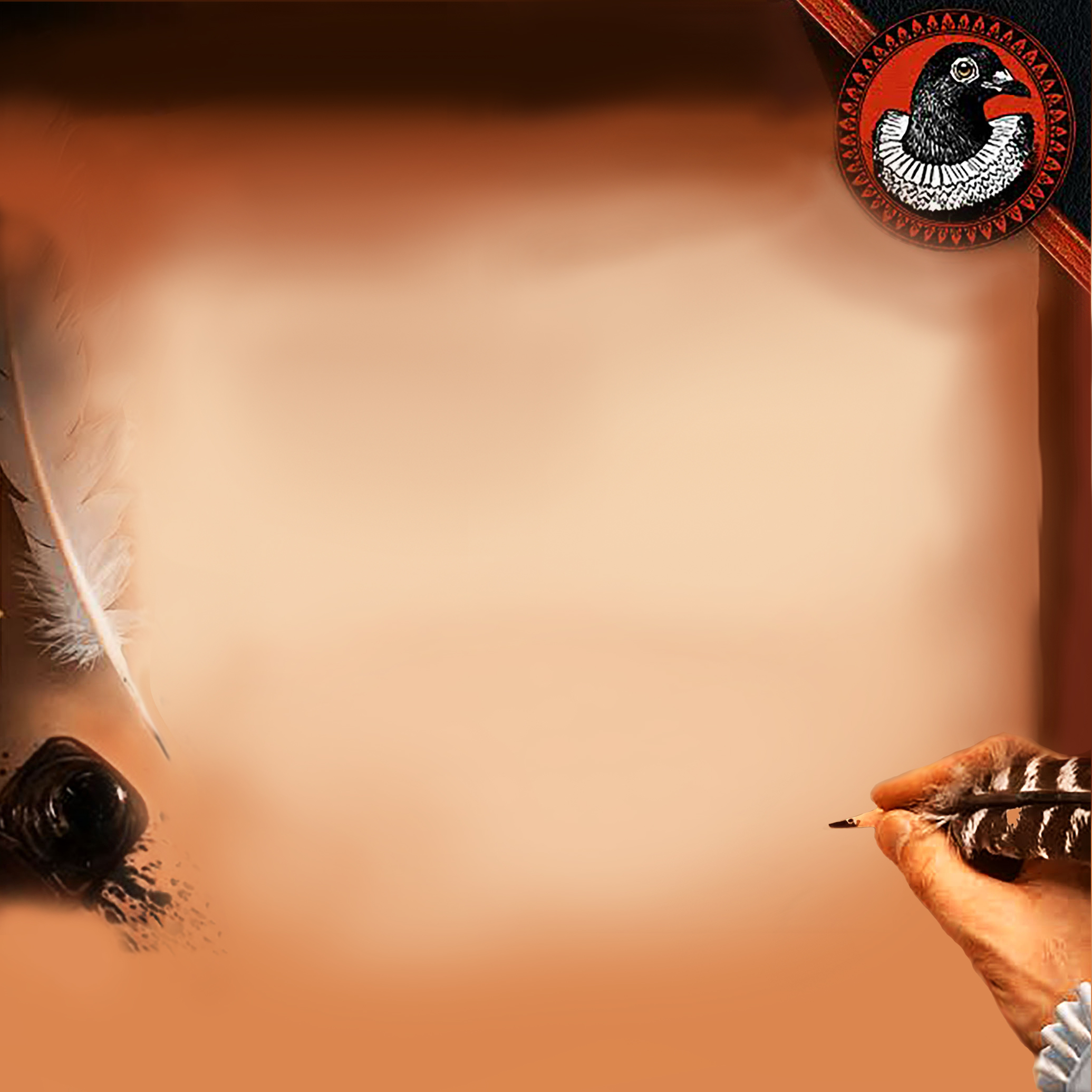(We’re mashing up current events with Hamlet, the whole play, and you can start here in the middle or with this post.)
Polonius, having stage-managed the breakup of the two lovers, Hamlet and Ophelia, has now also stage-managed a post-breakup meeting between them:
Ophelia: “Good my lord,
How does your honor for this many a day?”
Hamlet: “I humbly thank you, well, well, well.”
Ophelia: My lord, I have remembrances of yours,
That I have longed long to redeliver.
I pray you, now receive them.”
(She offers tokens).
Hamlet: “No, not I, I never gave you aught.”
Ophelia: “My honored lord, you know right well you did,
And with them words of so sweet breath composed
As made the things more rich. Their perfume lost,
Take these again, for to the noble mind
Rich gifts wax poor when givers prove unkind.
There, my lord.”
And this is what the Polonius’s of the world (the tech oligarchs with their slanted search algorithms, the public school teachers with their slanted curricula), want; an estrangement between Americans (Hamlet) and the America of the founding (Ophelia), the America based on government of, by, and for the people, and dedicated to the preservation of rights that, because they come from God, cannot be taken away by man or woman, whether Claudius Biden, Gertrude or Kamala.
Ophelia is sorely taxed, and coerced into returning the gifts Hamlet/All of Us have given her across the years; among them the sacrifices in war that cleansed our republic of slavery and cleansed the planet, for a time, of fascism. Ophelia has cracked under the pressure exerted by her father and the king, and has now been reduced to doing their bidding. You can almost see the strings. And so can Hamlet:
(Honesty here carries the double meaning of chastity):
Hamlet: “Ha, ha! Are you honest?”
Ophelia: “My lord?”
Hamlet: “Are you fair?”
Ophelia: “What means your lordship?”
This is the final dream of the left, an estrangement between All of Us (Hamlet) and our country (Ophelia). It’s what they teach in schools, it’s what they preach in the many coopted pulpits, it’s what they cancel you for disputing. America from its founding has been unjust and inequitable, one set of Americans, based on skin color, must oppress another set, who must be oppressed in return, eternally – it’s “systemic, after all. My children and yours can never greet each other as equals upon this fruited plain. For a moment, Hamlet falls victim to the silent indoctrination that Polonius, Claudius, his Wittenberg liberal arts college professors, the algorithms dictating what he sees on his phone, computer and TV, have been telling him since birth:
Hamlet: “…I did love you once.”
Ophelia: “Indeed, my lord, you made me believe so.”…
Hamlet: “I loved you not.”
Ophelia: “I was the more deceived.”
Hamlet: “Get thee to a nunnery. Why wouldst thou be a breeder of sinners?
I am myself indifferent honest, but yet I could accuse myself of such things
that it were better my mother had not borne me; I am very proud, revengeful,
ambitious, with more offenses at my beck than I have thoughts to put them in,
imagination to give them shape, or time to act them in. What should such
fellows as I do crawling between earth and heaven? We are arrant knaves all,
believe none of us. Go thy ways to a nunnery…”
Nothing Hamlet is saying here about the fallen human condition is untrue, but it’s a reflection of his depression (and his woke indoctrination) that he feels that none of the virtues and graces available to humanity are available to him.
Hamlet: “Where’s your father?”
Ophelia: “At home, my lord.”
Hamlet: “Let the doors be shut upon him, that he may play the fool
nowhere but in ‘s own house. Farewell.”…
Ophelia: “O, what a noble mind is here o’erthrown!
The courtier’s, soldier’s, scholar’s, eye, tongue,
Th’ expectancy and rose of the fair state,
The glass of fashion and the mold of form,
The observed of all observers, quite, quite down!
And I, of ladies most deject and wretched
That sucked the honey of his music vows
Now see that noble and most sovereign reason
Like sweet bells jangled out of tune and harsh…”.
Let’s now recall that the king and Polonius, in the Bard’s rather Kafkaesque Denmark, have been watching this exchange. The king emerges, perhaps with ruffled dignity, from his hiding place:
Claudius: “…There’s something in his soul,
O’er which his melancholy sits on brood,
And I do doubt the hatch and the disclose
Will be some danger;…”
Yes, the cabal that stole into and occupied our Capitol (no, not the strolling tourists of January 6, the Biden administration) suspect that there is something in our soul over which our melancholy sits on brood, that, hatched and disclosed, would be a threat to their rule.
Hope you enjoyed, and more tomorrow!
